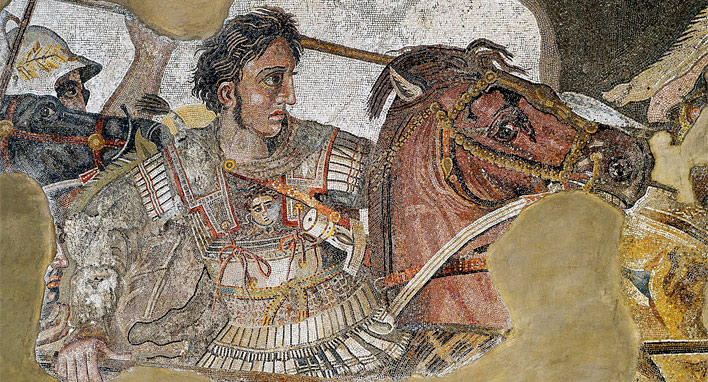
The Journey of Classical Greek Culture to the West
The cultural center of what would become our Western heritage moved from Rome and Constantinople to cities in the Islamic world, the most famous of which were Baghdad and Cordoba. Islamic culture favored learning and tolerance, two major factors that set the stage for the Arab “Golden Age,” which contributed to the birth of the European Renaissance.
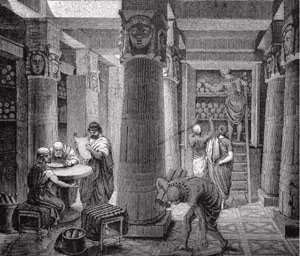
The Journey of Classical Greek Culture to the West
The cultural center of what would become our Western heritage moved from Rome and Constantinople to cities in the Islamic world, the most famous of which were Baghdad and Cordoba.

From Rome to Baghdad–The Golden Age of Islam
Rome’s decline, followed by the disastrous Byzantine wars with Persia, left a vacuum into which the Muslim invaders stepped, taking over the land and ideas of the peoples they conquered, including their accumulated resources of Greek literature, philosophy and sciences.
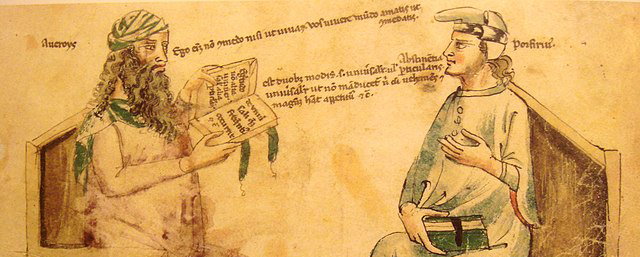
Polymaths of the Golden Age
The luminaries who contributed to the work of the House of Wisdom spoke several languages and were all polymaths, with their knowledge and abilities spanning many different fields.
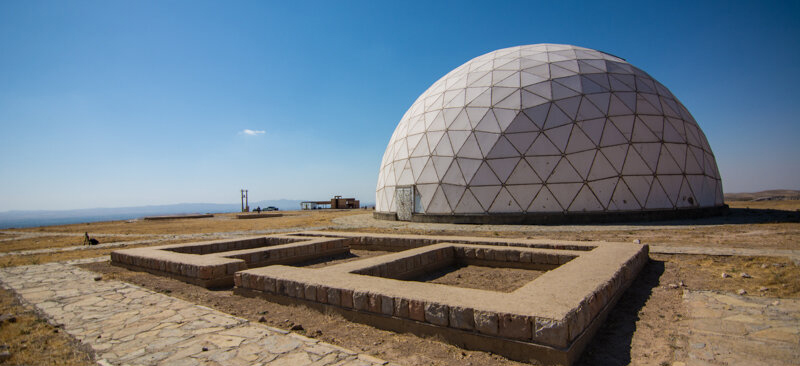
The Maragha Revolution
In 1258 the Mongol Hulagu Khan’s army besieged the walls of Baghdad, sacking the city. The Mongols massacred thousands, and destroyed mosques, palaces, hospitals, and libraries destroying their priceless books. This marked the end of the Islamic Golden Age.
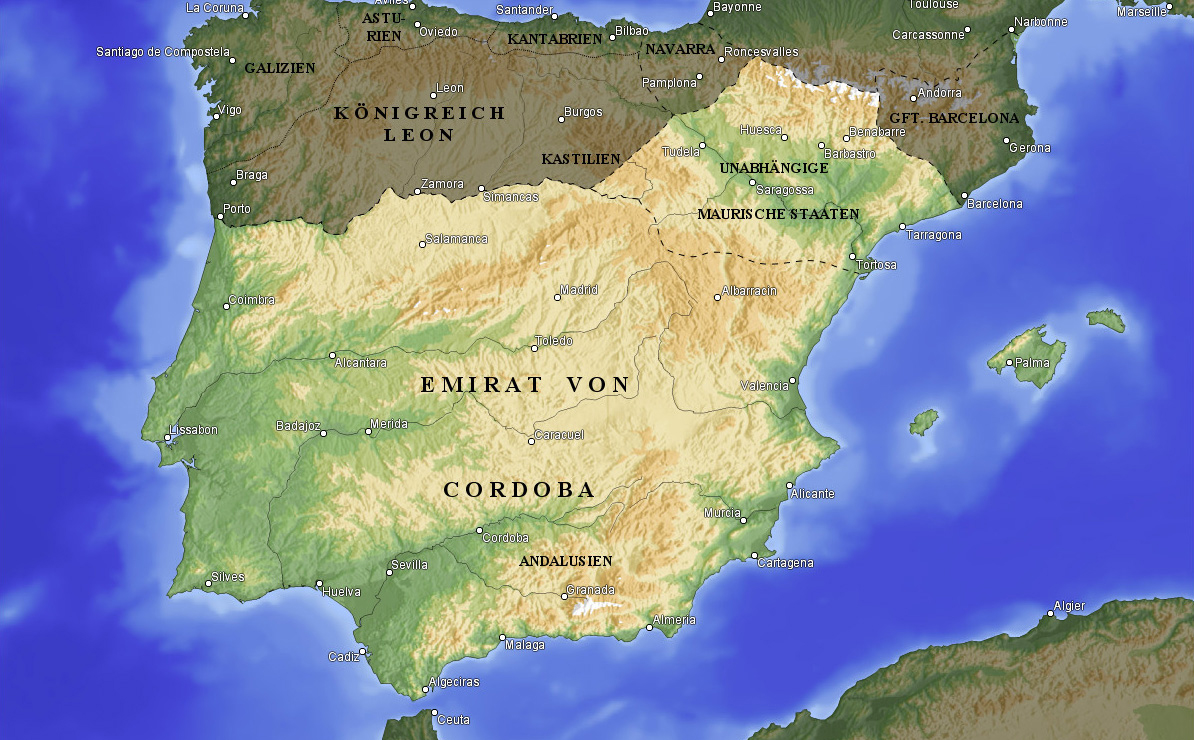
The Iberian Peninsula – Al-Andalus (750–1031)
The confluence of cultures, religions and brilliant minds that came together in Islamic Spain created a civilization that changed human history. As S.P. Scott writes in History of the Moorish Empire in Europe, during that splendid period, “ignorance was regarded as so disgraceful that those without education concealed the fact as far as possible, just as they would have hidden the commission of a crime.”
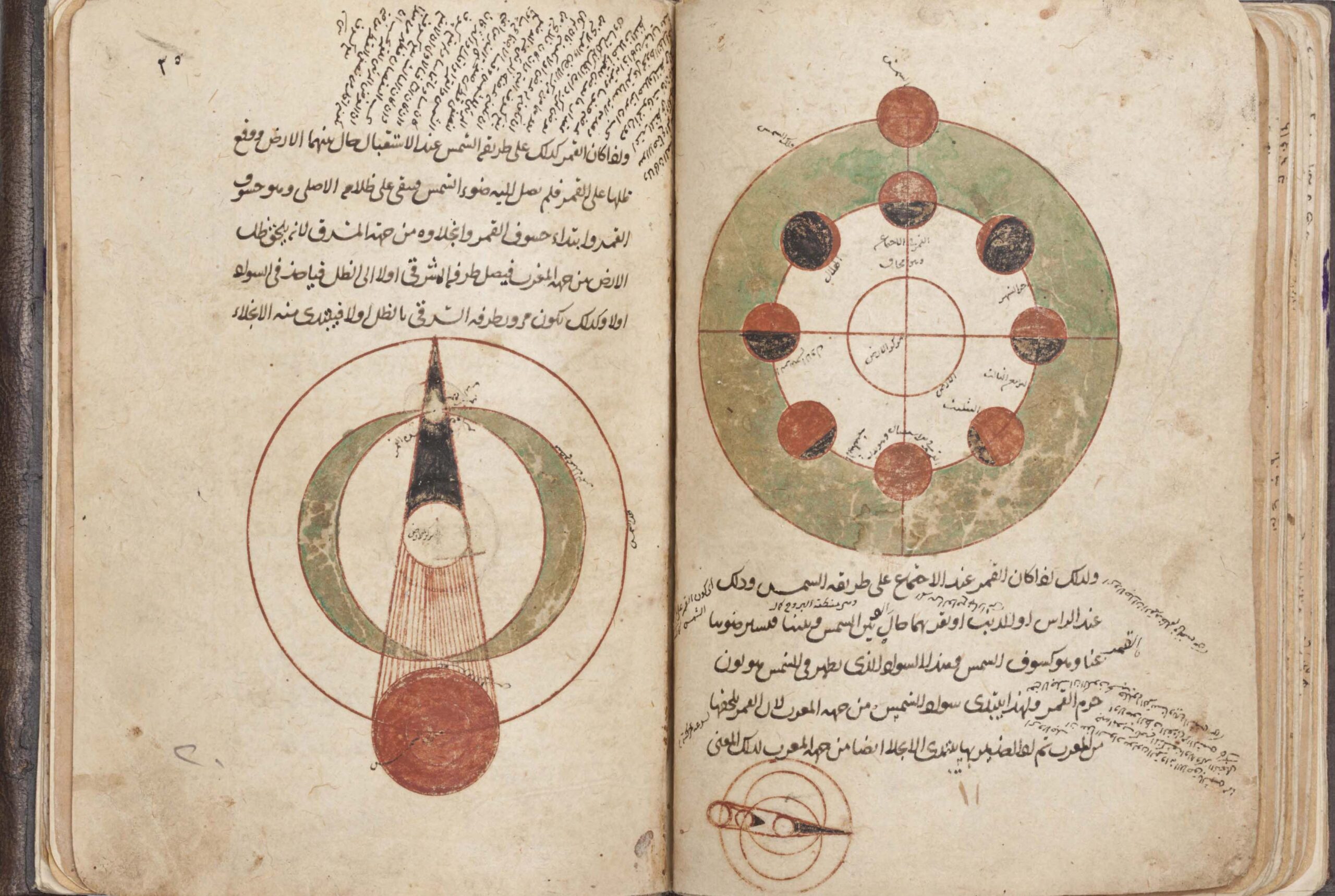
The End of the Caliphate and the Christian Reconquest
Despite the decline of Muslim rule in Spain starting in the 11th century, Arabic works and knowledge continued to spread into Christian Europe. In fact, as Maria Rosa Menocan writes in The Ornament of the World, the intellectual influence of Arabic-based learning and culture waxed in almost direct proportion to the political waning of what remained of al-Andalus.
